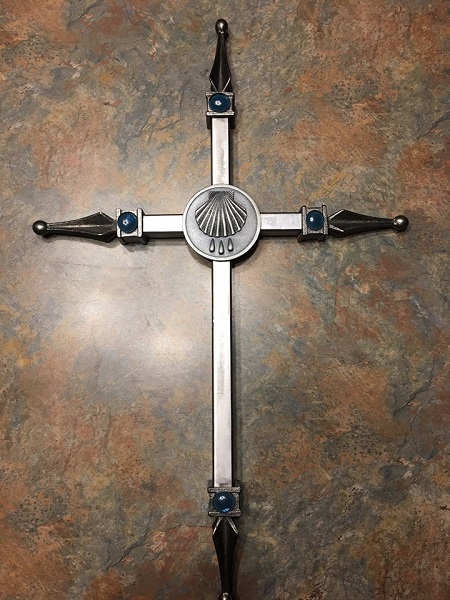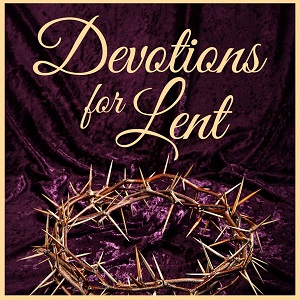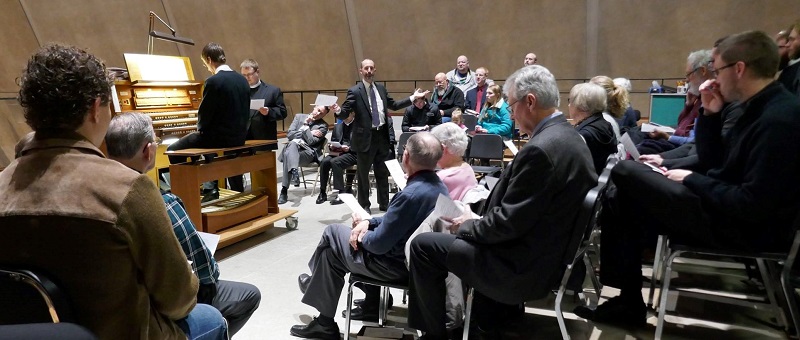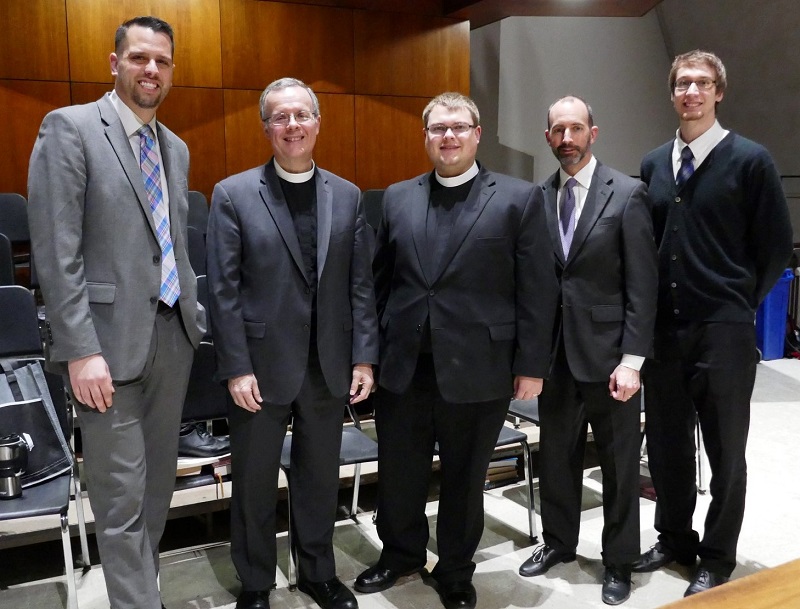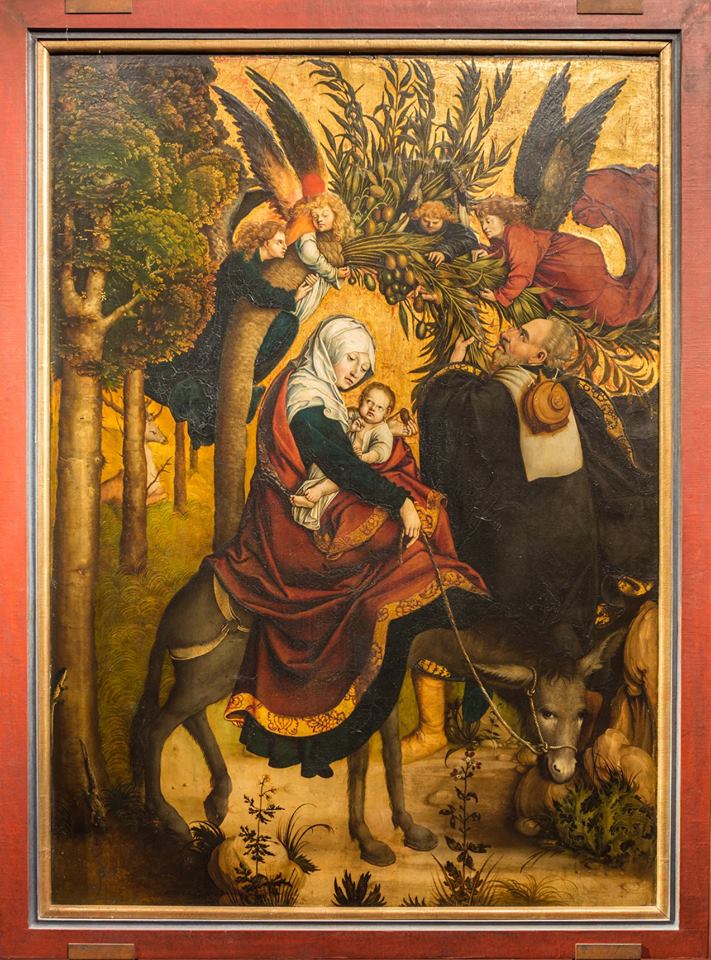Out of love for our seminarians, deaconess students, graduate students, and their spouses, Grace Place Wellness Ministries held a free weekend retreat in Fort Wayne for those who had never attended one of their two-day wellness and wholeness retreats before. Dr. John Eckrich, founder of Grace Place Lutheran Wellness Ministries led the retreat. Rev. Timothy Puls (Advancement Officer and Director of Alumni and Church Relations) and Dr. Gary Zieroth (Dean of Students) and his wife Joann were in attendance as well.
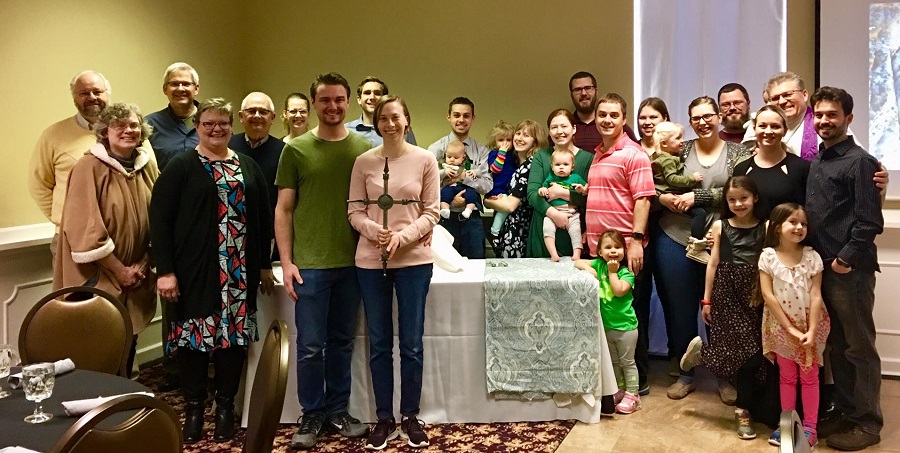
The retreat is designed to help cultivate spiritual wellbeing, using the Lutheran Spiritual Wellness Wheel with baptism and our identity as a new creation in Christ in the center. The topics covered the spokes of the wheel: relational wellbeing, emotional wellbeing, physical wellbeing, financial wellbeing, vocational wellbeing, and intellectual wellbeing.
As explained by Rev. Puls: “Not all these areas are necessarily strong for every person or marriage or congregation. However, every Christian’s baptismal identity, specifically how they have been made new and alive in Christ, may positively impact all these areas (the spokes) in the lives of pastors, their marriages, their families, and congregations.”
